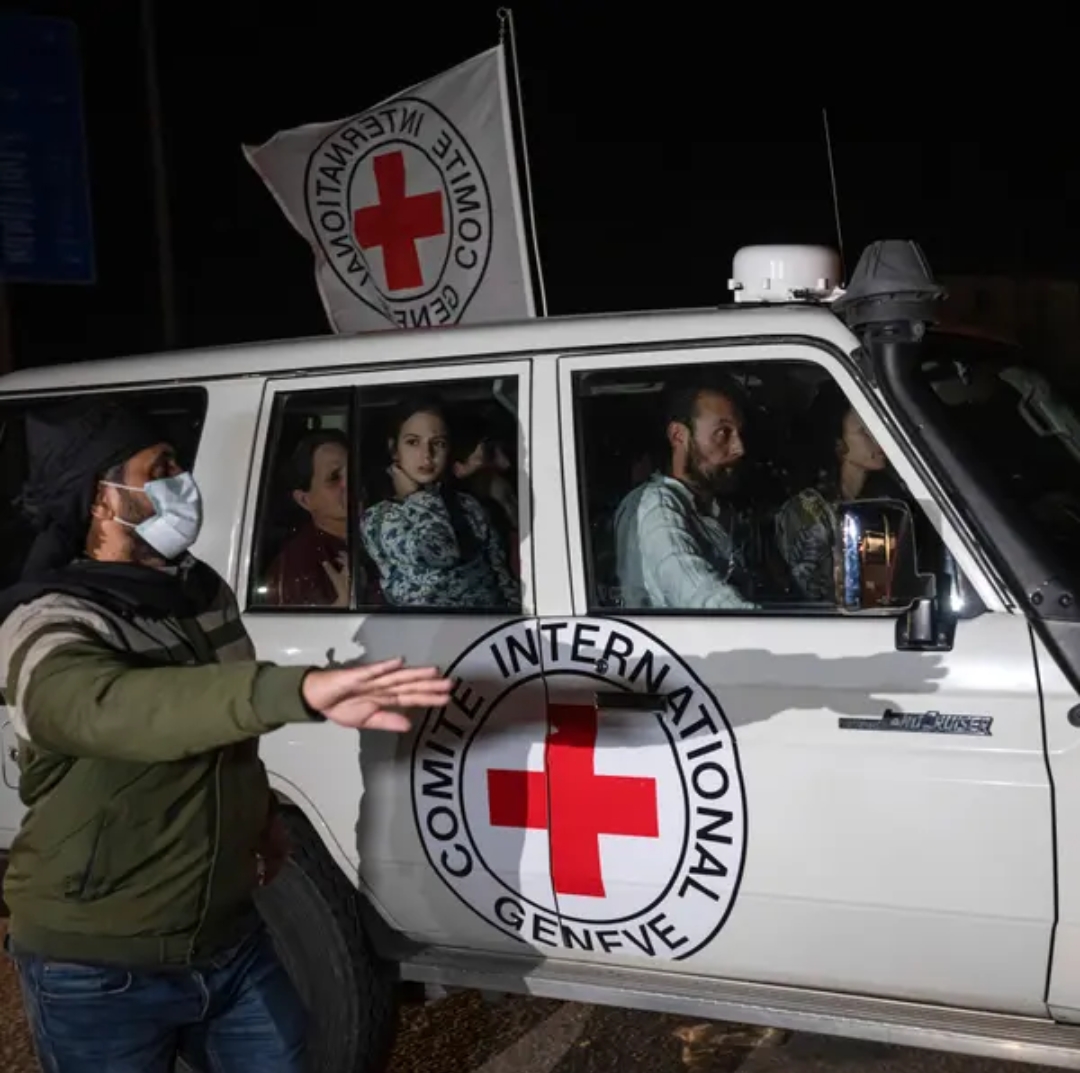Freed Israeli Hostages
In the aftermath of the release of a group of Israeli hostages, relatives have provided poignant insights into the challenging 50 days they endured under the control of armed groups in Gaza. Despite being back in Israel for two days, these individuals appear to have been entirely cut off from the outside world during their captivity.
One mother, freed with her young son, shared with relatives that they slept on makeshift beds created by pushing chairs together. An 85-year-old grandmother recounted her experience of counting the days as a means of keeping track of time, emphasizing the psychological toll of the situation.
The Freed Israeli Hostages, still undergoing treatment in private areas of Israeli hospitals, have yet to directly address the media, and much of the information regarding their captivity remains classified. Relatives who have spoken to them reveal a shared experience of isolation, with the hostages returning thinner than before.
Merav Mor Raviv, a cousin of one of the released hostages, Keren Munder, shared details of their ordeal. She explained that the hostages had irregular meals, mainly consisting of rice and bread, leading to significant weight loss—approximately 6 to 8 kilograms (13 to 18 pounds) for both Keren and her elderly mother, Ruth Munder.
The living conditions during captivity were challenging, with the Munders sleeping in a reception room on improvised benches. Access to basic necessities, such as the bathroom, required knocking on a door and waiting for extended periods, sometimes up to two hours.
Adva Adar’s grandmother, Yaffa Adar, also among the released hostages, showed signs of physical decline, having lost weight during her nearly 50 days in captivity. The extent of their isolation became evident as relatives spoke to reporters through a video call organized by support groups for hostages and their families.
The isolation was further highlighted by Ruth Munder, who discovered only after her release that her son, Roi, had been killed during the Oct. 7 assault. However, amid the challenging revelations, there were moments of relief. Ruth, initially assuming her husband, Avraham Munder, had been killed, learned upon her release that he had survived and was taken separately to Gaza.
Remarkably, many hostages remained unaware of the public campaign advocating for their release, unaware that their faces and names were now known throughout Israel.
The uncle of two hostages, Noam Or and his sister Alma, revealed that they only discovered their mother, Yonat Or, had been killed in the Oct. 7 terrorist attacks after their release. Ahal Besorai, the uncle, shared that the siblings had difficult stories to tell about their capture and treatment, emphasizing the challenges they faced.
The Or siblings, taken hostage with their father, Dror, who is still believed to be held in Gaza, endured the separation during their captivity. As these stories unfold, the resilience of these individuals and their families becomes increasingly apparent, highlighting the human spirit’s capacity to endure and overcome even the most challenging circumstances.
Table of Contents
Also Read
15 Landmarks To Visit Before You Turn 65
Rainwater Harvesting: An Eco-Friendly Approach to Water Conservation
Tabora: Exploring the Heart of Tanzania
25 South Indian Food Near Me In USA: Where Tradition Meets Taste
Ear Troubles? Learn How to Get Water Out of Your Ear
Follow us on Youtube
Follow us on Facebook
Follow us on Twitter
Follow us on Instagram

